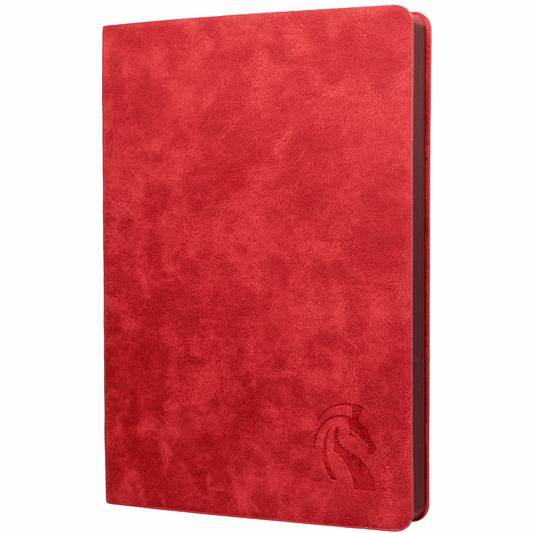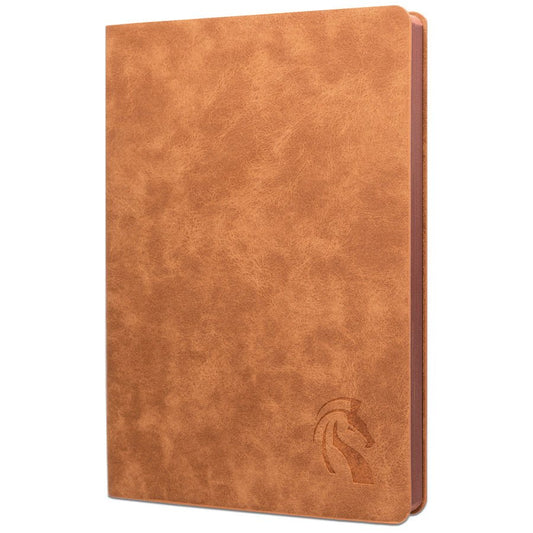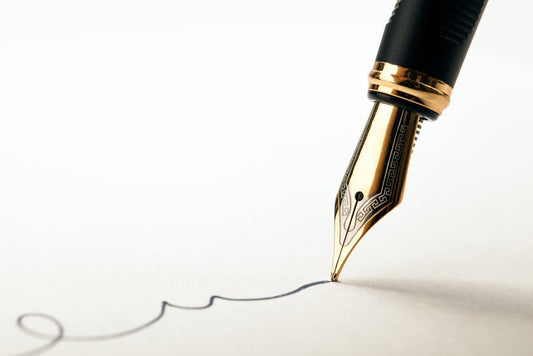
A few people are lucky to have a lot of talent for a specific skill and seem to progress very quickly without a lot of effort. For the rest of us, it’s best to make an intelligent effort to progress quickly.
There’s so much information available today that the only real limiting factors are time and motivation. Still, there is a smart way to do anything. With the proper approach, you can develop mastery at the highest possible rate!
Follow this process and be amazed at what you can do:
1. Educate yourself.
Whether you want to master fundraising for a charity, the piano, cooking, gardening, or learning a language, there are hundreds of books on the topic. There are also podcasts, videos, and courses on your area of interest.
● Read three books on the topic. Avoid just reading the book. Take notes, too. Find three popular books on your topic and educate yourself.
● Watch two videos. There are plenty of videos online to choose from. Find an expert and see what they have to say.
● Listen to one podcast. Podcasts have never been more popular. Find an expert in your field of interest and listen.
● Look for the recurring themes in all the educational sources you use. These are the foundational items that are the most important to master.
● Learning and getting better at anything are active processes. Look for these recurring themes rather than digesting the information passively.
2. Find a mentor.
Mentors make everything happen faster. They know what matters and what doesn’t. They know all the obstacles you’re likely to face. They can provide focus, encouragement, and most importantly, feedback.
● A mentor can take the form of a coach, teacher, guru, expert, or whatever term resonates with you.
3. Practice.
It’s challenging to improve at anything without practice. The more you practice the better you’ll become. The more you practice, the faster you’ll improve.
● Practice with intention. Know what you’re trying to accomplish before you begin practicing. You might be working on learning all the Russian words associated with ordering in a restaurant. Or maybe your intention is to learn the A sharp minor scale on the guitar.
● Practice with an effective frequency. Practicing the piano multiple times each day is better than practicing just once a day. While it would be nice to work on your public speaking skills multiple times each day, that might not be practical or even possible.
● Practice with focus. Your practice time is much less effective if you’re not paying 100% attention to what you’re doing.
4. Evaluate.
Did you slice your drive out of bounds? Why did it happen? How consistent are your quarter notes? How accurate is your French accent? How is your public speaking coming along?
● Some things you can test yourself, like your Spanish vocabulary. Other things will require the evaluation of someone with more expertise than you have. This is why it’s so great to have a mentor, teacher, or coach.
5. Practice more.
Take what you’ve learned and practice some more. Frequent practice is the key to progress.
If you learn, practice, evaluate, and continue to repeat the process, you’ll improve as fast as humanly possible. The only limits are your time, focus, the quality of your mentor, and ultimately, your talent.
Don’t make the mistake of underestimating the value of how much you practice and how much focus you bring to the task. These are under your control and are the practical limiting factors the vast majority of the time.
With time, effort, and an intelligent approach, you can progress at anything at the highest possible rate.

Start Journaling With LeStallion Premium Journals
LeStallion Soft Cover PU Leather Journals inspires and excites you to write more, allow you to further grow and develop, so you may achieve your goals and dreams!
SEE THIS JOURNAL














